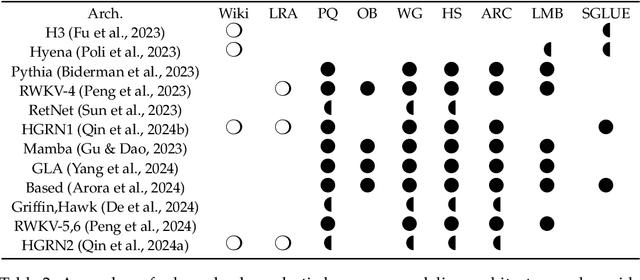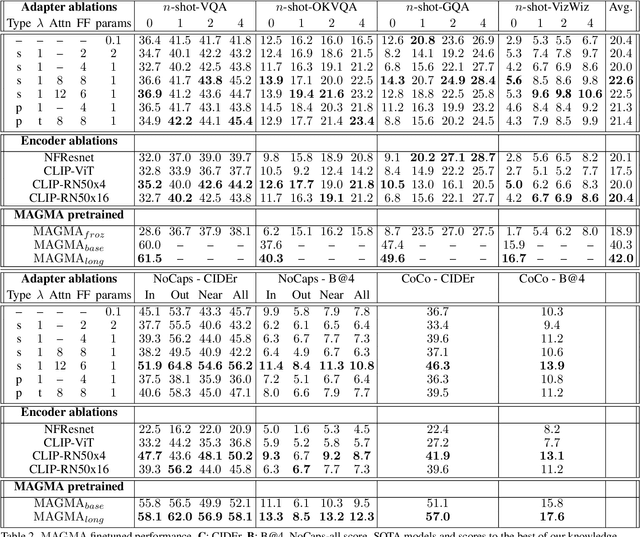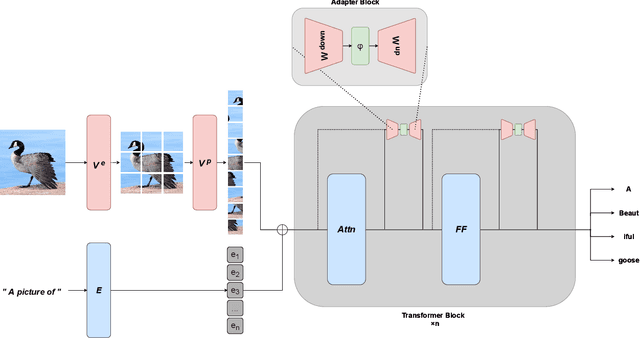Sidney Black
Lessons from the Trenches on Reproducible Evaluation of Language Models
May 23, 2024



Abstract:Effective evaluation of language models remains an open challenge in NLP. Researchers and engineers face methodological issues such as the sensitivity of models to evaluation setup, difficulty of proper comparisons across methods, and the lack of reproducibility and transparency. In this paper we draw on three years of experience in evaluating large language models to provide guidance and lessons for researchers. First, we provide an overview of common challenges faced in language model evaluation. Second, we delineate best practices for addressing or lessening the impact of these challenges on research. Third, we present the Language Model Evaluation Harness (lm-eval): an open source library for independent, reproducible, and extensible evaluation of language models that seeks to address these issues. We describe the features of the library as well as case studies in which the library has been used to alleviate these methodological concerns.
MAGMA -- Multimodal Augmentation of Generative Models through Adapter-based Finetuning
Dec 09, 2021



Abstract:Large-scale pretraining is fast becoming the norm in Vision-Language (VL) modeling. However, prevailing VL approaches are limited by the requirement for labeled data and the use of complex multi-step pretraining objectives. We present MAGMA - a simple method for augmenting generative language models with additional modalities using adapter-based finetuning. Building on Frozen, we train a series of VL models that autoregressively generate text from arbitrary combinations of visual and textual input. The pretraining is entirely end-to-end using a single language modeling objective, simplifying optimization compared to previous approaches. Importantly, the language model weights remain unchanged during training, allowing for transfer of encyclopedic knowledge and in-context learning abilities from language pretraining. MAGMA outperforms Frozen on open-ended generative tasks, achieving state of the art results on the OKVQA benchmark and competitive results on a range of other popular VL benchmarks, while pretraining on 0.2% of the number of samples used to train SimVLM.
 Add to Chrome
Add to Chrome Add to Firefox
Add to Firefox Add to Edge
Add to Edge